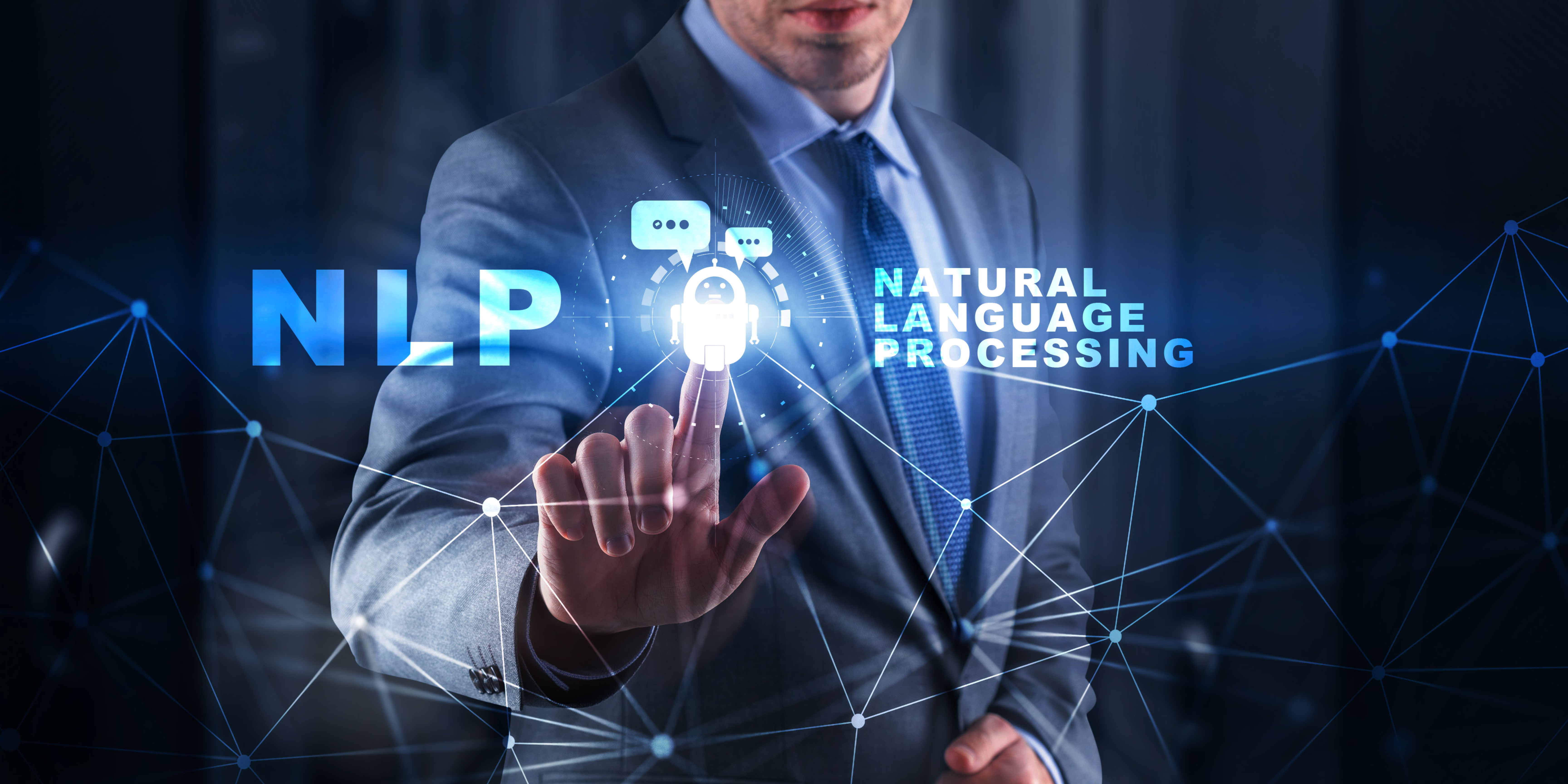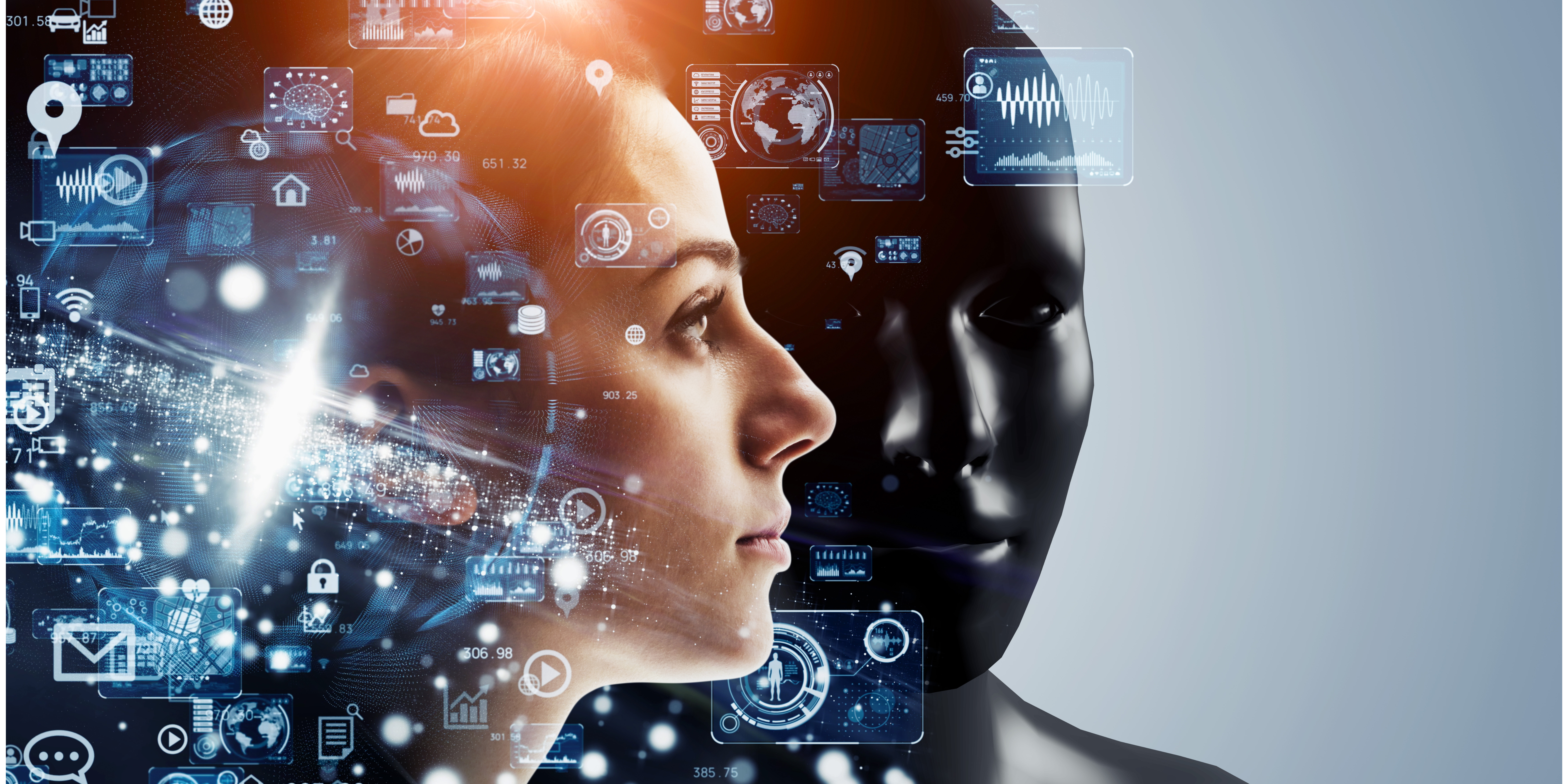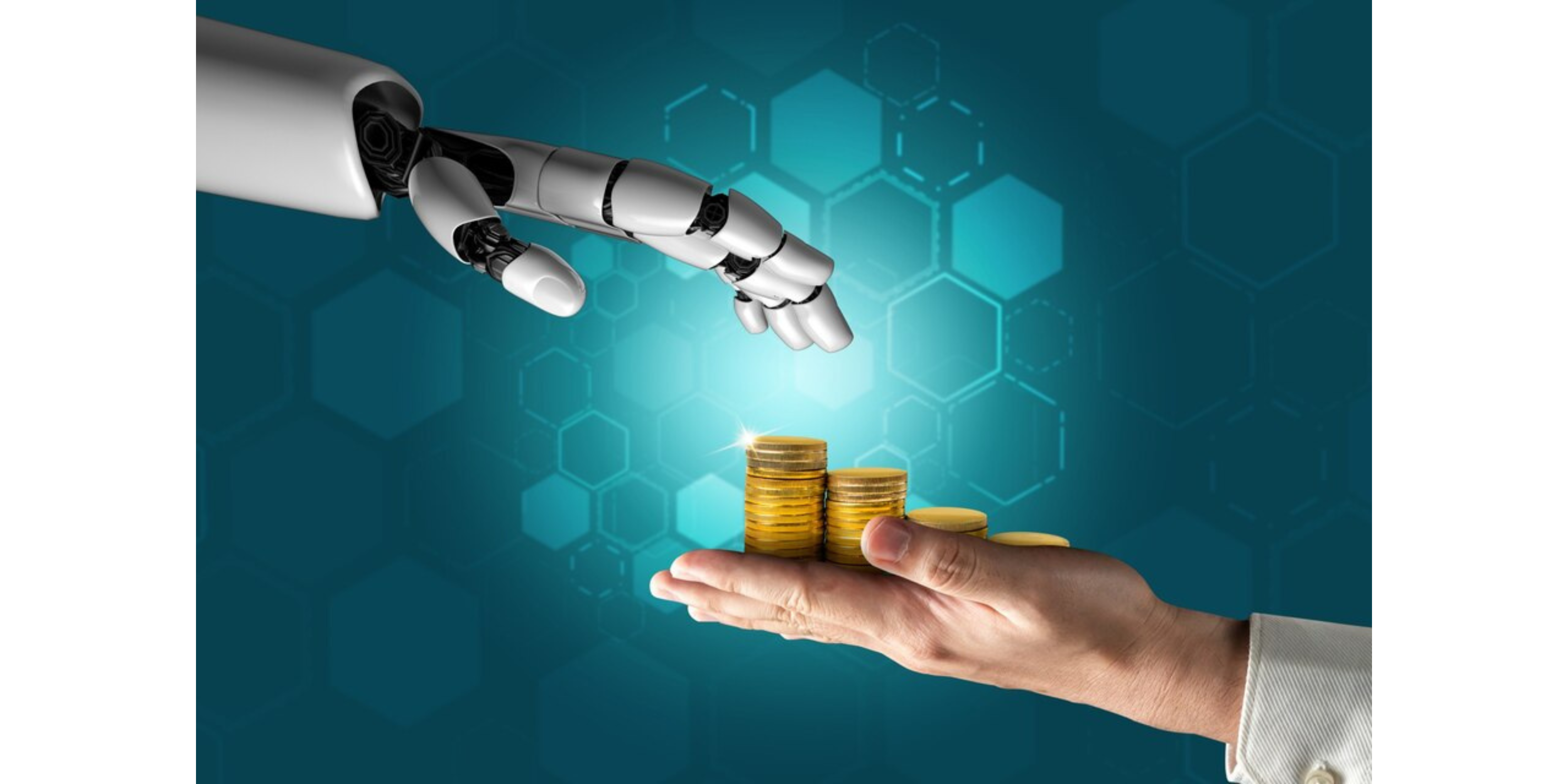Introduction
Artificial intelligence (AI) has rapidly evolved and become increasingly important across various industries. Its impact has been profound, revolutionizing the way we work, communicate, and live. In this article, we will explore the hottest AI topics that are currently taking the world by storm.
Understanding Artificial Intelligence
Definition of artificial intelligence
Artificial intelligence refers to the development of computer systems that possess the ability to imitate intelligent human behavior. These systems can learn from data, adapt, and make autonomous decisions without explicit programming.
History and milestones in AI development
The history of AI dates back to the 1950s, with significant milestones including the development of early AI programs, the first chess-playing computer, and the creation of expert systems. Over the years, AI has evolved from rule-based systems to more sophisticated machine learning algorithms.
Types of artificial intelligence systems
Artificial intelligence systems can be categorized into three main types: narrow or weak AI, general or strong AI, and superintelligent AI. Narrow AI is designed to perform a specific task, while general AI aims to replicate human intelligence across various domains. Superintelligent AI surpasses human intelligence and can potentially outperform humans in nearly every task.
Machine Learning: The Backbone of AI
Introduction to machine learning
Machine learning is a subset of AI that focuses on developing algorithms that enable computer systems to learn and improve from experience without being explicitly programmed. It relies on statistical techniques to enable machines to make predictions or take actions based on patterns identified in datasets.
Supervised, unsupervised, and reinforcement learning
In machine learning, supervised learning involves training models using labeled data, while unsupervised learning involves extracting patterns from unlabeled data. Reinforcement learning, on the other hand, involves training models through trial and error, by receiving rewards or penalties based on their actions.
Deep learning and neural networks
Deep learning is a subset of machine learning that utilizes artificial neural networks to model and understand complex patterns and relationships in data. Neural networks consist of interconnected layers of artificial neurons that process information and make predictions. This approach has achieved remarkable breakthroughs in areas such as image and speech recognition.

Natural Language Processing (NLP)
NLP and its applications
Natural Language Processing (NLP) is a branch of AI that focuses on the interaction between computers and human language. It enables machines to understand, interpret, and generate human language, opening up avenues for applications such as virtual assistants, language translation, and sentiment analysis.
Sentiment analysis and text classification
Sentiment analysis involves analyzing and understanding the sentiment expressed in text, which is particularly useful for determining customer sentiments or public opinions. Text classification, on the other hand, involves categorizing text into predefined categories or classes based on its content.
Language translation and chatbots
NLP has revolutionized language translation, making it possible for machines to accurately translate text from one language to another. Chatbots, powered by NLP, can engage in natural language conversations with humans, providing assistance or information in real-time.

Computer Vision
Introduction to computer vision
Computer vision is an area of AI that focuses on enabling computers to see and interpret visual information. It involves the development of algorithms and techniques to analyze and understand images or videos.
Object detection and image classification
Object detection algorithms enable computers to identify and locate objects within images or videos. Image classification, on the other hand, involves categorizing images into specific classes or categories based on their visual content.
Facial recognition and biometrics
Facial recognition technology has gained significant traction, enabling computers to identify individuals based on their facial features. It has found applications in areas such as security systems, authentication processes, and personalized marketing.

Robotics and Automation
Integration of AI in robotics
AI plays a crucial role in robotics, enabling robots to perform tasks autonomously, adapt to their surroundings, and interact with humans. This integration has led to advancements in fields such as manufacturing, healthcare, and logistics.
Autonomous vehicles and drones
AI-powered autonomous vehicles and drones have the potential to transform transportation and logistics, making them more efficient, safer, and environmentally friendly. These technologies hold great promise for areas such as package delivery, surveillance, and mapping.
Impact of automation on various industries
The implementation of AI and automation technologies has significant implications for various industries, including manufacturing, customer service, and transportation. While it can optimize processes and increase productivity, it also raises concerns about job displacement and the need for reskilling the workforce.

AI in Healthcare
Revolutionizing medical diagnostics
AI is revolutionizing medical diagnostics by analyzing medical data, such as images, patient records, and genetic information, to assist in disease diagnosis and treatment planning. It can help physicians make more accurate assessments and improve patient outcomes.
AI-powered drug discovery and personalized medicine
AI is also being used to accelerate the drug discovery process, identifying potential drug candidates and optimizing molecular structures. Additionally, it enables personalized medicine by tailoring treatments to individuals based on their unique genetic profiles.
AI in patient care and remote monitoring
AI-based systems can enhance patient care by monitoring vital signs, detecting anomalies, and providing real-time insights. Remote monitoring systems enable healthcare professionals to remotely monitor patients, minimizing hospital visits and improving access to healthcare.

AI in Finance
Algorithmic trading and investment strategies
AI algorithms have greatly impacted the financial industry, enabling high-frequency trading and the development of sophisticated investment strategies. These algorithms analyze vast amounts of data to make predictions and optimize investment portfolios.
Fraud detection and cybersecurity
AI-based systems are employed to detect fraudulent activities and anomalies within financial transactions. By analyzing patterns and historical data, these systems can identify potential threats and protect against cyber attacks.
Virtual assistants for financial planning
AI-powered virtual assistants in the finance industry assist with tasks such as financial planning, budgeting, and investment recommendations. These virtual assistants can provide personalized financial advice and recommendations based on an individual’s financial goals and circumstances.

Ethical Considerations in AI
Privacy and data protection concerns
The proliferation of AI has raised concerns regarding privacy and the protection of personal data. As AI systems rely on vast amounts of data, there is a need for robust data protection regulations to safeguard individual privacy and prevent misuse.
Bias and fairness in AI algorithms
AI algorithms can inadvertently perpetuate biases present in the data they are trained on, leading to unfair and discriminatory outcomes. Ensuring fairness and eliminating bias in AI systems is crucial to maintain social equity and prevent unintended consequences.
Accountability and transparency in AI systems
As AI systems make autonomous decisions, it is essential to establish mechanisms to hold them accountable. Ensuring transparency in AI algorithms, decision-making processes, and assessing the impact of AI systems is crucial to building trust and minimizing ethical concerns.
AI and the Future of Work
Impact of AI on employment
The integration of AI in various industries raises concerns about job displacement and the future of work. While AI may automate certain tasks, it also presents opportunities for new job roles, requiring a shift in workforce skills and the development of new competencies.
Reskilling and upskilling the workforce
To adapt to the changing landscape of work, reskilling and upskilling programs are necessary to equip individuals with the skills required to work alongside AI systems. Continuous learning and acquiring new capabilities will be vital for individuals to remain employable.
Collaboration between humans and AI systems
Rather than viewing AI as a replacement for human workers, collaboration between humans and AI systems can unlock the full potential of AI. This partnership allows humans to focus on tasks that require creativity, empathy, and complex decision-making, while AI handles repetitive or data-driven tasks.

AI Governance and Regulation
International efforts in regulating AI
Governments and organizations worldwide are recognizing the importance of regulating AI to address ethical concerns and ensure responsible development and deployment. International collaborations and frameworks are being established to guide the governance of AI technologies.
Balancing innovation and ethical concerns
Striking a balance between fostering innovation and addressing ethical concerns is crucial. Encouraging responsible AI development and usage while promoting innovation and progress is a challenge that requires collaboration between policymakers, industry experts, and society at large.
Ensuring responsible development and deployment of AI
Regulations and guidelines need to be in place to ensure the responsible development and deployment of AI technologies. This includes transparent AI algorithms, rigorous testing, and ongoing monitoring of AI systems to mitigate potential risks and negative consequences.
Challenges and Limitations of AI
Current limitations of AI systems
Despite the significant advancements in AI, there are limitations that researchers and developers are still addressing. AI systems may struggle with rare or unusual scenarios, lack common sense reasoning, and be vulnerable to adversarial attacks.
Overcoming challenges in AI research
Ongoing research and development efforts aim to overcome the challenges and limitations of AI. Collaboration between academia, industry, and policymakers is essential to address these challenges effectively and advance the field of AI.
Potential risks and future concerns
As AI continues to progress, it is important to consider potential risks and challenges that may arise. These include issues related to job displacement, AI bias, security vulnerabilities, and the profound ethical implications of advanced AI systems.
AI and Climate Change
Leveraging AI for sustainable development
AI has the potential to contribute to sustainable development by optimizing processes, reducing energy consumption, and promoting renewable energy sources. It can help tackle environmental challenges by providing insights and innovations for climate change mitigation and adaptation.
Monitoring and mitigating environmental impact
AI can aid in monitoring environmental parameters, such as air and water quality, and predicting and managing natural disasters. It can also assist in optimizing resource management and waste reduction, helping to mitigate the environmental impact of human activities.
Energy optimization through AI systems
AI can enhance energy efficiency by optimizing energy distribution, managing energy demand, and improving renewable energy systems. Smart grids and AI-based algorithms can enable the integration of renewable energy sources and enhance overall energy optimization.
The Future of AI: Predictions and Speculations
Advancements on the horizon
The future of AI holds exciting possibilities, including advancements in areas such as autonomous systems, natural language understanding, and explainable AI. Ongoing research and development will continue to push the boundaries of AI capabilities.
Singularity and superintelligence
Speculations surrounding the singularity, a hypothetical point where AI surpasses human intelligence, are fueling debates and discussions. The emergence of superintelligent AI raises concerns and ethical considerations that require careful examination and regulation.
Collaboration and coexistence with AI
As AI evolves, the focus will shift towards collaboration and coexistence between humans and AI systems. Emphasizing ethical and responsible AI development will be crucial to ensure that AI technologies benefit humanity while safeguarding our values and principles.
Frequently Asked Questions
Artificial intelligence refers to the development of computer systems that possess the ability to imitate intelligent human behavior, learn from data, and make autonomous decisions without explicit programming.
Machine learning involves the development of algorithms that enable computers to learn from data and improve predictions or actions. It relies on statistical techniques and models to identify patterns and make autonomous decisions based on the analyzed data.
AI has numerous real-world applications, including virtual assistants, medical diagnostics, image recognition, fraud detection, and autonomous vehicles. It is utilized in diverse fields such as healthcare, finance, transportation, and manufacturing.
Ethical concerns surrounding AI include issues of privacy and data protection, bias in AI algorithms, transparency in decision-making, and accountability for autonomous systems. Ensuring responsible development and usage of AI is critical to address these concerns.
AI has the potential to automate certain tasks, which can lead to job displacement in some industries. However, it can also create new job roles and opportunities, requiring reskilling and upskilling of the workforce to adapt to the changing landscape of work.
Conclusion
In conclusion, artificial intelligence has had a profound impact on various industries, transforming the way we live and work. Machine learning, natural language processing, computer vision, robotics, and automation are just a few of the exciting AI topics that are reshaping our world. As we embrace the future of AI, it is essential to consider ethical implications, establish robust governance and regulation frameworks, and address the challenges and limitations to harness the full potential of AI for the benefit of humankind.
